President launches major wind power projects in Karakalpakstan with international partners
The President of Uzbekistan has launched the construction of two wind power plants in Karakalpakstan in collaboration with companies from China and Saudi Arabia. The construction and operation of these new facilities have officially begun.
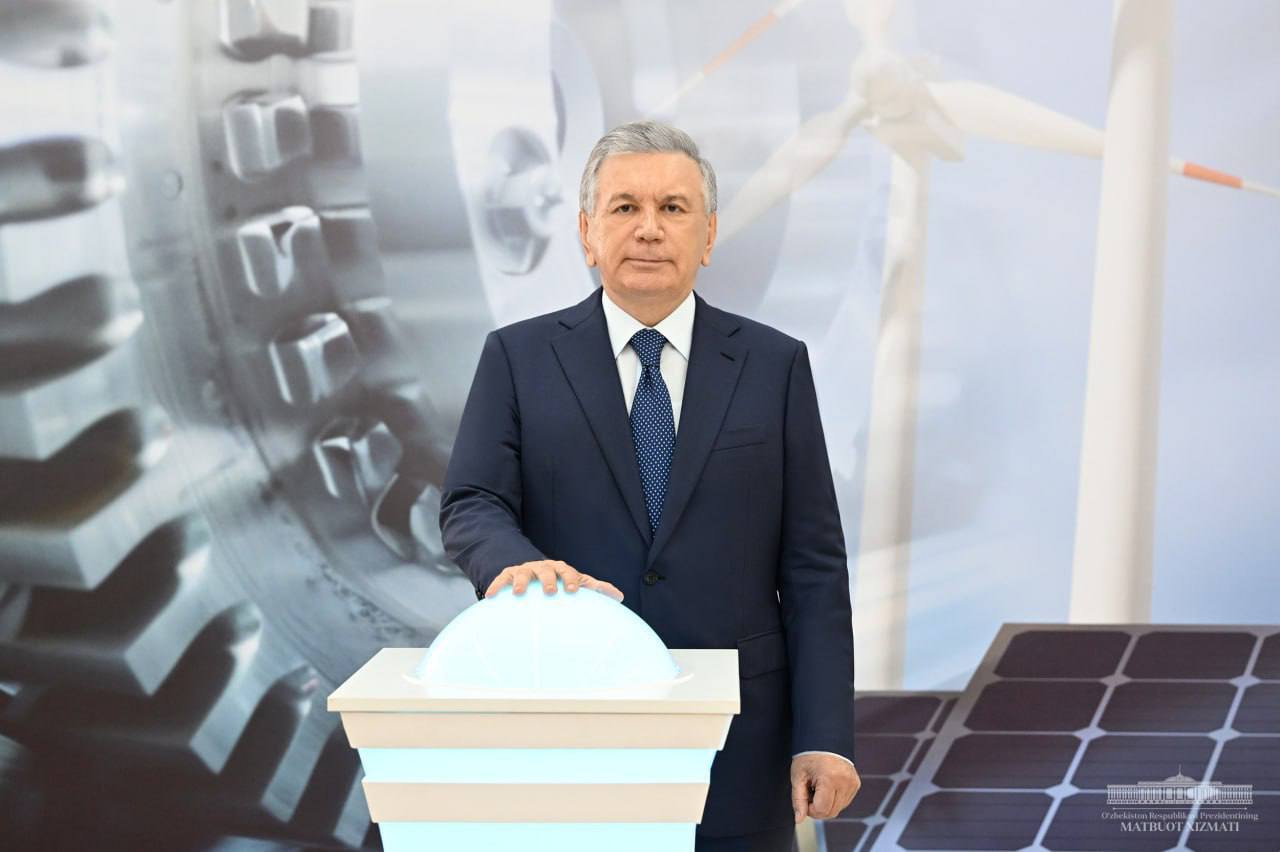
Photo: Presidential press service
According to the president's press service, the construction of wind power plants and industrial enterprises has started in the Republic of Karakalpakstan, and trade complexes have been put into operation. During the ceremony, Shavkat Mirziyoyev spoke about the economic development of Karakalpakstan.
It was noted that over the past five years, more than 50 benefits and incentives have been introduced in the fields of industry, entrepreneurship, and infrastructure in the region. Specifically, the right to directly allocate land for investment projects has only been implemented in Karakalpakstan. Infrastructure is also being provided for projects valued at over 50 billion UZS.
Thanks to these incentives, more than 2 trillion UZS have been retained by entrepreneurs in the region during this period. A total of 44.5 trillion UZS has been allocated to improve the business infrastructure in the region, resulting in the emergence of over 25,000 new business entities in recent years.
In 2023, more than 1,400 projects worth $345 million were implemented, creating over 10,000 new jobs. In the first half of 2024, $730 million in foreign investments were absorbed.
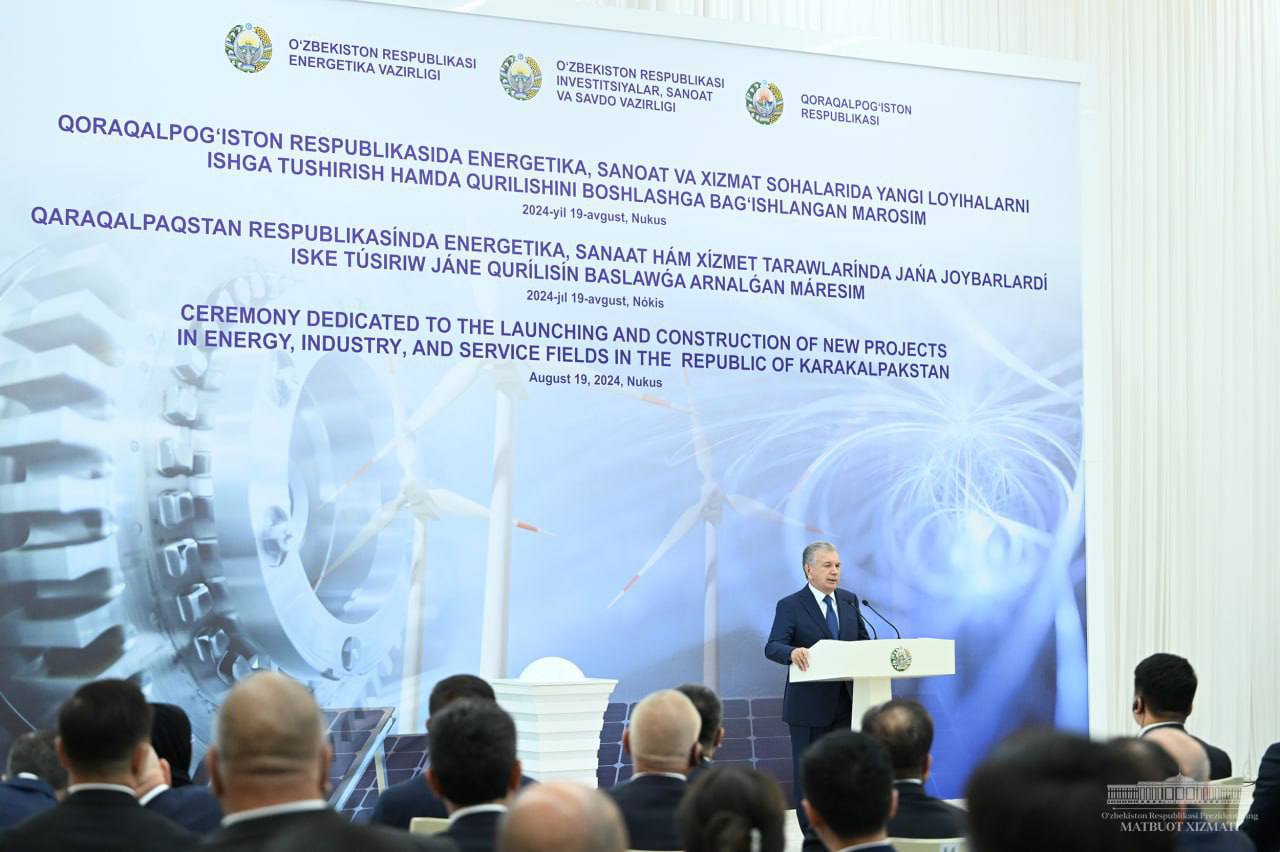
The number of enterprises established with foreign capital in Karakalpakstan is also increasing. In 2017, there were 73 foreign and joint ventures, but today their number has reached 175, according to the report.
Currently, over 120 large projects worth approximately $9.5 billion are being implemented to boost the region's economy. These projects will be phased in from 2025 to 2028, creating more than 20,000 new jobs, generating 12 trillion UZS in production capacity, and providing an additional 500 billion UZS to the budget.
The president spoke about the significance of the complexes that are being constructed and commissioned. He emphasized that the rapid economic growth in Uzbekistan is setting major tasks in the energy sector.
In recent years, 10 solar and wind power plants with a capacity of 2.6 gigawatts have been commissioned with $2 billion in investments. By the end of the year, an additional 1.5 gigawatts of capacity will be connected to the grid, increasing the share of "green" energy to 15%. Moreover, 32 "green" projects with a total capacity of 18.6 gigawatts and a value of $19 billion are currently being implemented.
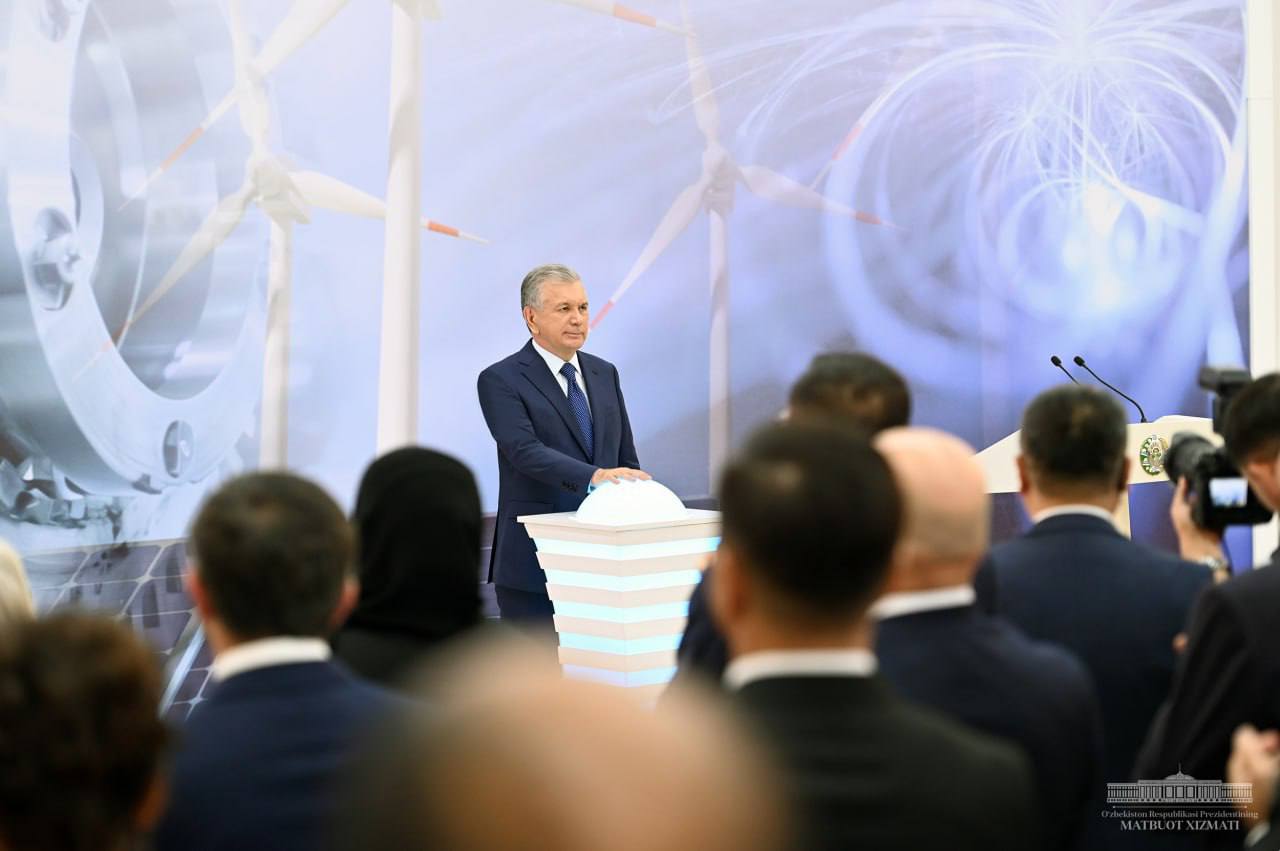
The President highlighted the significant contribution of Karakalpakstan to these efforts. According to calculations by prestigious research institutes, Karakalpakstan has a solar energy potential of 680 gigawatts and a wind energy potential of 120 gigawatts.
By 2030, it is planned to construct 10 large wind power plants with a total capacity of 10.3 gigawatts in Karakalpakstan with $11 billion in direct investments. Once fully operational, these projects will generate 35 billion kilowatt-hours of "green" energy annually.
To ensure stability in power transmission, three energy storage systems with a total capacity of 400 megawatts will be built in the Kungrad, Beruni, and Karauzyak districts.
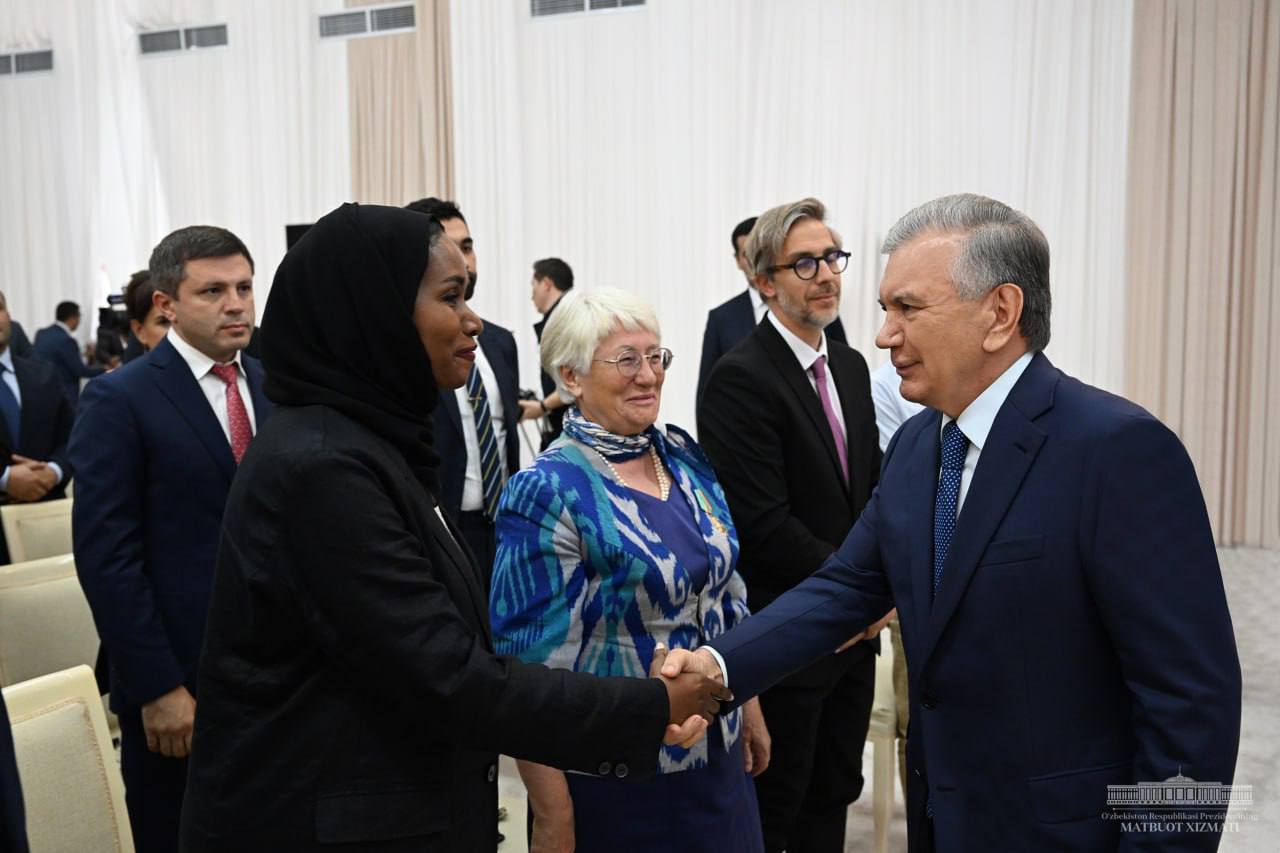
Construction work on several of these projects is beginning today. The first project is a $1.2 billion wind power plant with a capacity of 1 gigawatt, to be constructed in the Kungrad district by the Chinese company "Sany Renewable." The second project, in collaboration with Saudi Arabia's "ACWA Power," involves the construction of a 200-megawatt wind power plant with a 100-megawatt energy storage system in the Beruni and Karauzyak districts, with a total cost of $250 million.
In the future, these plants are expected to produce 4.2 billion kilowatt-hours of "green" energy annually, equivalent to the yearly consumption of 1.75 million households. As a result, about 1.3 billion cubic meters of natural gas will be saved, and atmospheric pollution will be reduced by nearly 2 million tons.
At the same time, construction has also begun on enterprises in the Kungrad district for the production of wind turbine components, towers, and blades. This will allow the local production of wind turbine parts with an annual capacity of 1,000 megawatts and 120 towers, substituting imports worth $100 million.
Additionally, in the Nukus district, an investment of $24 million is being made to establish a production line for 20 million heating radiators per year.
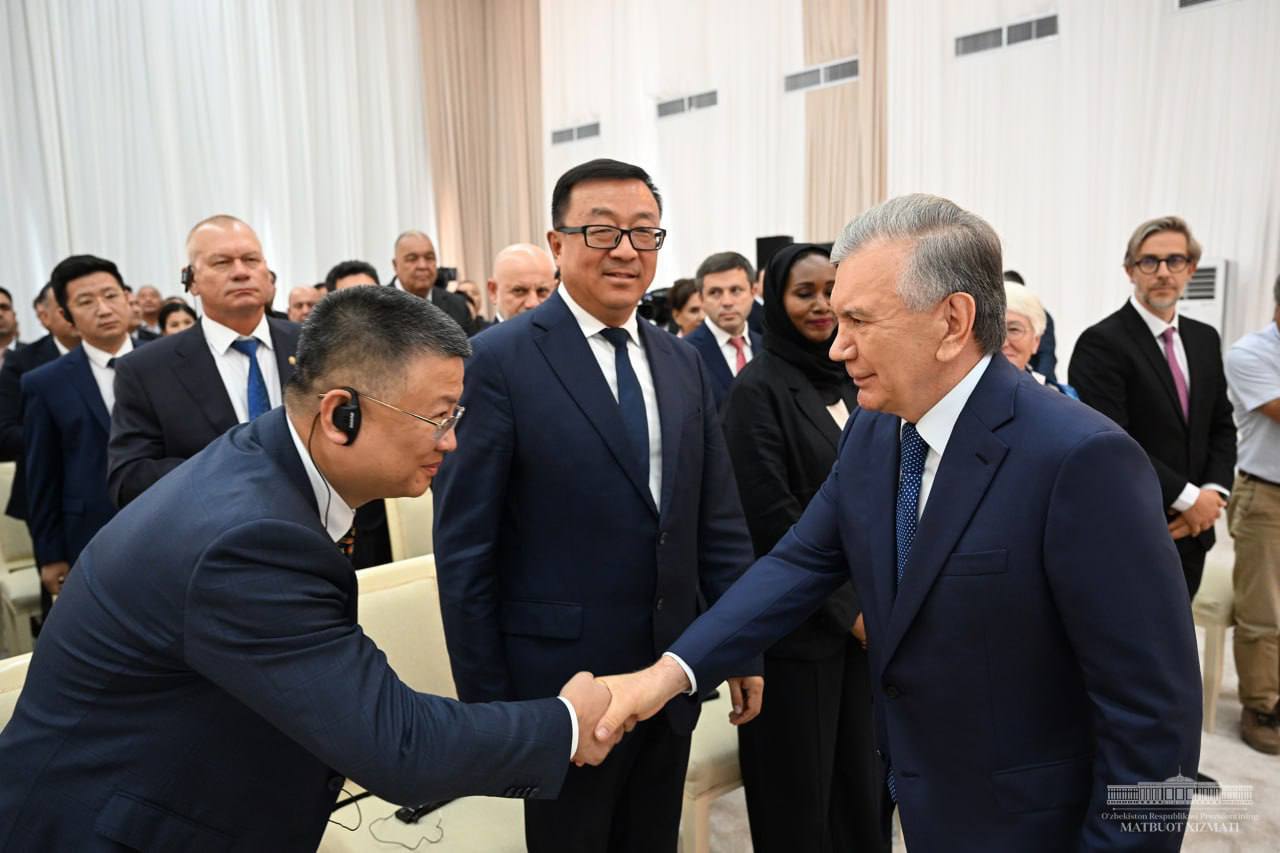
Currently, 12 projects worth $62 million in the fields of industry, agriculture, tourism, and services are being launched. Two of these projects, major shopping complexes in the Beruni district and Nukus city, were opened during the ceremony. The President pressed a symbolic button to mark the beginning of construction and the start of operations of the new facilities.
Related News
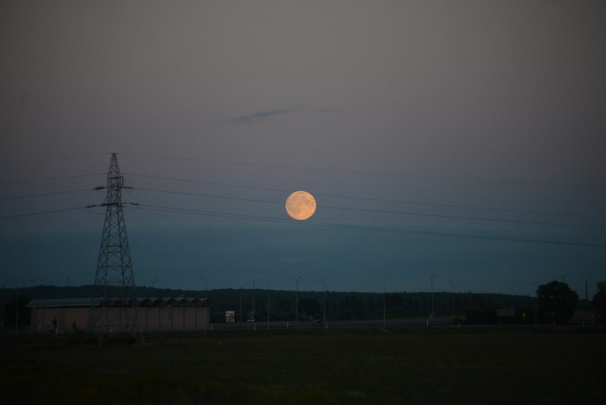
14:02
Uzbekistan completes construction of its first digital power station
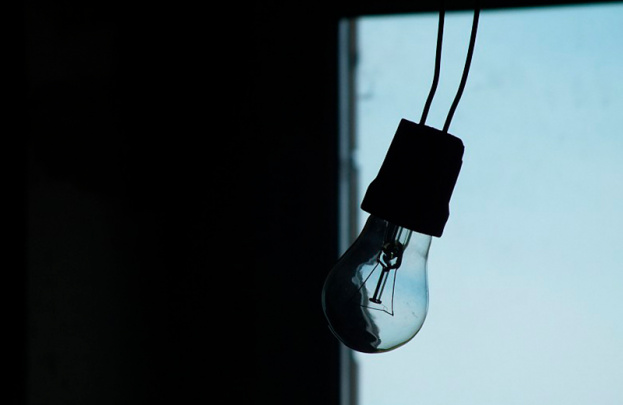
19:10 / 24.03.2025
Government buildings in Uzbekistan to observe Earth Hour by cutting power for 60 minutes on March 25
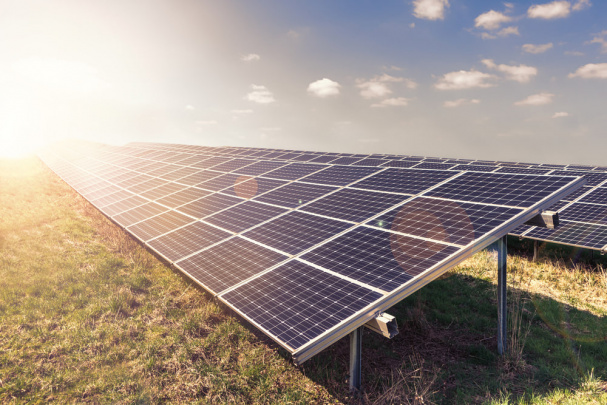
17:58 / 12.03.2025
Voltalia to build a hybrid power plant in Bukhara
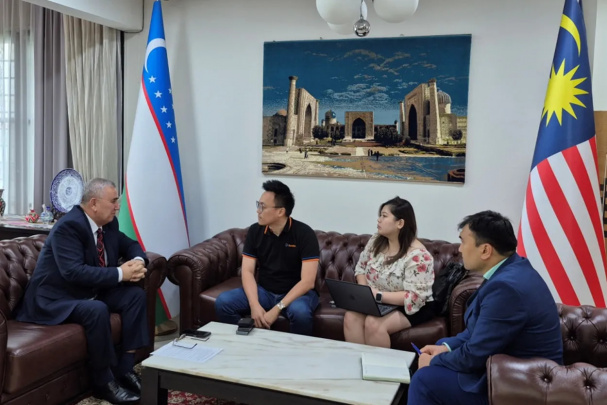
13:02 / 10.03.2025



